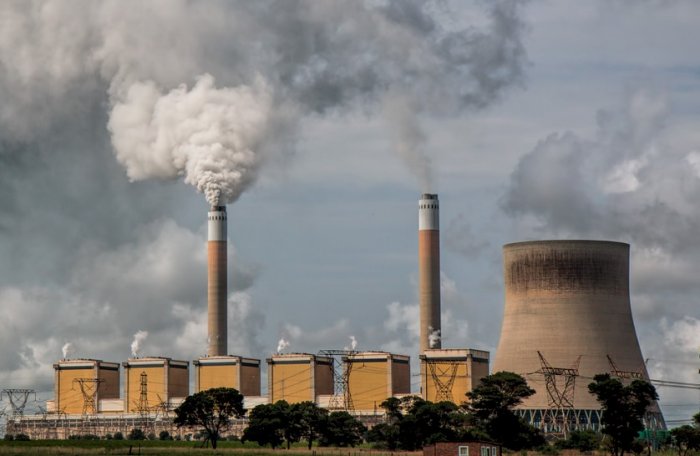
Image: stevepb
After three years of nearly no growth, global carbon dioxide emissions attributable to fossil fuels and industry are expected to reach around 37 billion tonnes in 2017, up 2%.
The 2017 Global Carbon Budget, published by the Global Carbon Project (GCP), was produced by 76 scientists from 57 research institutions in 15 countries.
The report says the biggest increase is expected in the world’s factory, China, where emissions are projected to rise 3.5% for the year due to stronger growth in industrial production and lower hydro-power generation resulting from less rainfall.
Other countries are also looking at increases or declines that are less than forecast, and the outlook for 2018 isn’t particularly rosy either.
“Several factors point to a continued rise in 2018,” said Robert Jackson, a co-author of the report, co-chair of GCP and a professor in Earth system science at Stanford University. “The global economy is picking up slowly. As GDP rises, we produce more goods, which, by design, produces more emissions.”
It’s still not clear whether the current situation is an anomaly, or the start of a trend that will extend beyond 2018. However, it’s not expected emissions will return to the high growth rates seen during the first decade of this century.
Regardless, lead researcher Prof Corinne Le Quéré said time was running out to keep warming well below 2ºC.
Future Earth’s executive director Amy Luers said the news of 2017’s emissions was a “step back for humankind.”
“We must reverse this trend and start to accelerate toward a safe and prosperous world for all,” stated Ms. Luers. “Fortunately, now it is not only possible, but in most cases makes simple financial sense, to meet these electricity needs with renewable energy sources.”
Australia A “Global Laggard”
Last week, Australia’s Climate Council reiterated its warning that Australia is highly vulnerable to the many consequences of a changing climate and said national efforts to tackle climate change over the last decade made it a “global laggard”. It says Australia’s emission levels have been steadily rising every quarter since early 2015.
“Amongst the G20 countries, Australia’s emission reduction target – a reduction of 26-28% on a 2005 baseline – is unusually weak, nowhere near what is required for us to play our fair share in meeting 2°C Paris target,” states the Council.
Climate Council CEO Amanda McKenzie said there was a total lack of a coherent, long-term approach at a federal level to reduce emissions and that the emissions aspect of the proposed National Energy Guarantee would not be sufficient.
“Australia cannot accept anything less than a long-term, bipartisan policy framework that turns away from fossil fuels, and embraces the inevitable clean energy future,” said Ms. McKenzie.
A new report published by the Climate Council last week states Australia is ranked fifth last out of the 58 top emitters worldwide in terms of climate change performance.

 RSS - Posts
RSS - Posts



Speak Your Mind